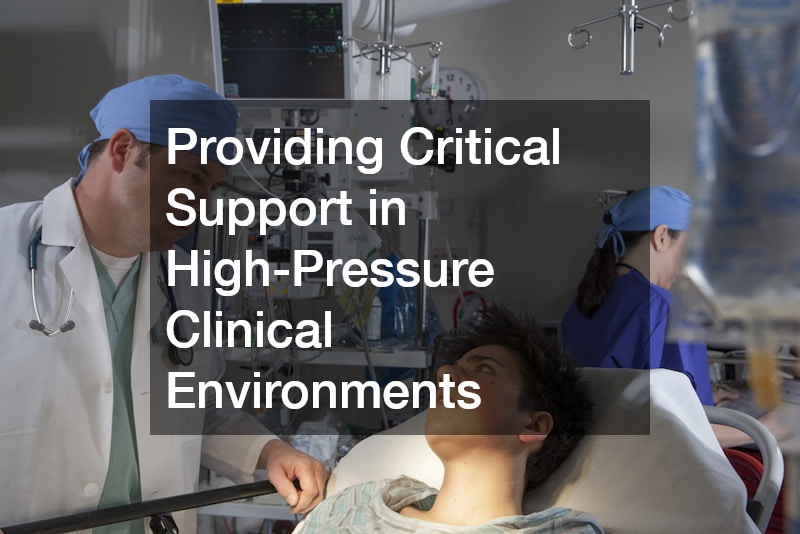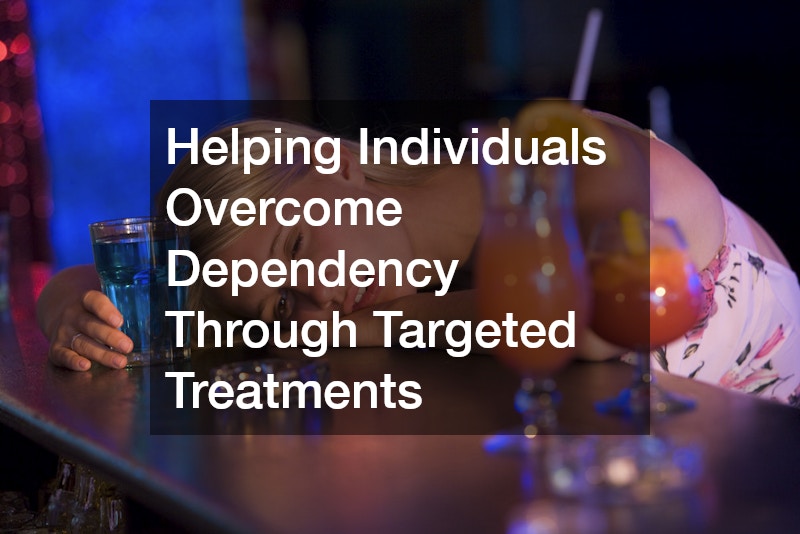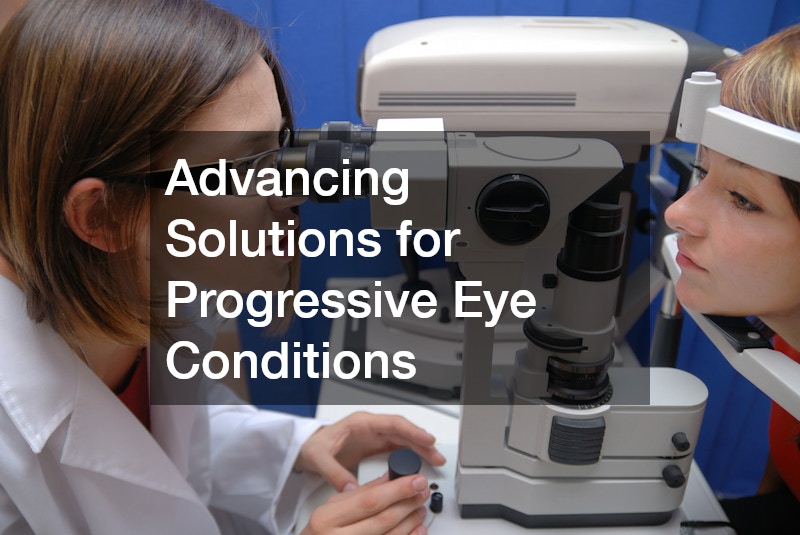In today’s multifaceted healthcare sector, careers with medical science degree options have morphed into a broad spectrum of diverse and impactful roles. A medical science degree not only signifies a deep understanding of human and animal anatomy but also embodies a profound dedication to improving public health and individual well-being. Equipped with this academic credit, graduates can explore an endless array of pathways that span the intensive emergency room environments to the serene settings of hospice services. These professionals, sometimes less spotlighted than the traditional doctors and nurses, serve crucial roles that impact lives from the initial stages of emergency response to the peaceful transitions into end-of-life care. The robust nature of a medical science degree allows these graduates to specialize in niche sectors such as eye care, addressing complex conditions like macular degeneration, or pursue evolving fields within alternative medicine. Whether contributing within a local urgent care facility or developing preventative treatment plans for chronic diseases, these professionals are vital to daily operations within healthcare settings. By blending compassion, expertise, and innovation, graduates of medical science are on a trajectory to not only advance healthcare accessibility but to reinvent and redefine the processes of healing and care across various stages of life.
1. Providing Critical Support in High-Pressure Clinical Environments

An emergency room is the nerve center of hospitals, where countless healthcare professionals must think quickly and act decisively. Individuals with a medical science degree find their niche in such frenetic settings by applying their deep understanding of human physiology and medical ethics. They collaborate with doctors, nurses, and paramedics to analyze diagnostic information and recommend immediate treatment paths, ensuring swift patient recovery.
The pressure of emergency medicine requires advanced problem-solving skills and the ability to remain calm under stress. Careers with medical science degrees prepare individuals for these critical conditions through extensive training in diagnosing acute conditions, further contributing to effective teamwork in life-saving situations. Their ability to develop strategies quickly often means the difference between life and death for patients in critical conditions.
Alongside traditional roles, these professionals often liaise with administrative staff to optimize patient care flow and implement new medical technologies. Consequently, they play a pivotal role in transforming the logistical framework of medical care delivery. Their contribution stretches beyond immediate patient interactions to shape the efficiency and success of larger healthcare systems.
2. Offering Compassionate Care During Life’s Final Stages
Working in hospice services requires a delicate balance of medical knowledge and compassionate care. Here, professionals with a medical science degree often take on roles that involve assisting patients and their families in navigating the emotional challenges of end-of-life care. They provide counsel on treatment options that prioritize comfort, all while ensuring that medical interventions align with a patient’s wishes.
The role of these professionals is not confined to addressing physical pain but extends to providing psychological support. Careers with medical science degrees teach them how to engage in empathetic patient communication and develop meaningful relationships rooted in trust and understanding. Their work significantly humanizes the medical care experience for those transitioning through their final life stages.
Furthermore, they often navigate complex ethical questions related to palliative care, ensuring patient autonomy while guiding families. Their involvement in hospice services exemplifies the holistic approach of modern healthcare, where emotional, spiritual, and social factors are integrated with medical interventions to offer comprehensive care.
3. Specializing in Vision Health and Preventive Eye Care
In the area of vision health, professionals equipped with a medical science degree might explore careers as an eye doctor. These roles involve providing critical vision assessments, preventive care, and treatment of various ocular conditions. By diagnosing eye issues early, they can significantly improve a patient’s quality of life.
The training involved in careers with a medical science degree equips these professionals with a keen understanding of optic anatomy and pathology, enabling them to provide targeted interventions. From prescribing corrective lenses to designing treatment plans for conditions such as glaucoma and cataracts, their expertise is vital in preserving visual health.
In addition, these professionals engage in community education programs that focus on preventive eye care practices. By spreading awareness and encouraging regular eye examinations, they help reduce the prevalence of vision-related disabilities, thus contributing to the broader public health agenda.
4. Helping Individuals Overcome Dependency Through Targeted Treatments

As addiction treatment becomes increasingly nuanced, the role of an addiction doctor becomes critical. Professionals with a medical science degree are uniquely positioned to support individuals grappling with substance dependency by developing comprehensive treatment plans. These plans often encompass medical, therapeutic, and social support components.
The dynamic field of addiction medicine requires continuous learning and adaptation to new treatment modalities. Careers with medical science degrees prepare individuals to assess each patient holistically, offering medical care that addresses underlying psychological triggers, thus enhancing recovery prospects. They play an instrumental role in advocating for and executing community-based interventions aimed at reducing the stigma associated with addiction.
Moreover, addiction doctors often participate in multidisciplinary teams, collaborating with mental health professionals and social workers to facilitate a path to recovery. This collaborative approach not only addresses the physical aspects of dependency but also supports the individual’s entire ecosystem, ensuring a comprehensive healing environment.
5. Guiding Patients on Their Journey to Better Health and Wellness
The rising prevalence of lifestyle-related ailments has emphasized the relevance of weight loss experts in healthcare. Professionals with a medical science degree employ evidence-based methods to assist patients in achieving sustainable health transformations. They utilize nutritional science, behavioral counseling, and exercise physiology to design personalized weight management programs.
This field requires a nuanced understanding of metabolic diseases and how they affect individual patients. Careers with medical science degrees empower professionals to interpret complex biochemical data and craft interventions that promote healthy lifestyle changes. Their work not only enhances patients’ physical well-being but also significantly boosts self-esteem and mental health.
Additionally, they participate in community outreach campaigns that raise awareness about the benefits of maintaining a healthy weight. By advocating for preventive healthcare, these experts contribute to reducing the burden of chronic diseases on the healthcare system.
6. Caring for the Health and Well-Being of Animal Companions
The role of a veterinarian is an essential facet within the spectrum of careers available to those holding a medical science degree. These professionals provide comprehensive health assessments and treatments to animal companions, ensuring their well-being. They diagnose ailments, perform surgeries, and administer vaccinations, tailoring their approaches to suit each species.
In addition to general care, veterinarians also educate pet owners about preventative measures and dietary needs. Careers with medical science degrees equip individuals with a robust foundation in animal physiology and pathology, enabling them to elevate standards of care in diverse settings from private practices to zoos. Their work significantly contributes to improving the overall health landscape for both pets and their human owners.
Furthermore, some professionals take their expertise into the realm of veterinary research. Here, they explore innovations in treatment protocols, produce medical advancements, and work on eliminating breed-specific health issues. By doing so, they continue to push the boundaries of medical care for animal companions.
7. Delivering Comprehensive Services Across Healthcare Settings

Medical care delivery relies heavily on teams that include professionals holding a medical science degree. They play a foundational role across various settings by assisting with patient evaluations, working in diagnostic labs, or orchestrating administrative tasks that ensure seamless hospital operations. This adaptability is a testament to their extensive knowledge base and versatile skill set.
These professionals are pivotal in executing health care strategies that cater to broad patient demographics, helping bridge accessibility gaps in healthcare services. Careers with medical science degrees allow for such adaptability, seeing individuals participate in areas ranging from pediatric to geriatric care. Their insights often lead to optimized workflows and enhanced patient satisfaction.
In rural or under-resourced areas, they might serve as primary points of contact for healthcare services. By filtering and directing medical inquiries effectively, they enhance the reach and efficacy of medical interventions, ensuring no patient is left without the necessary care.
8. Blending Natural and Conventional Practices to Promote Healing
The increasing demand for holistic healthcare solutions has elevated alternative medicine to a vital aspect of modern medical practice. Professionals with medical science degrees often explore integrative medicine roles, incorporating natural therapies alongside conventional practices. These roles may see them utilizing herbal remedies, acupuncture, or massage therapy to complement standard treatments.
Alternative medicine practitioners aim to enhance the body’s innate healing capabilities and often focus on preventative measures. Careers with medical science degrees prepare these individuals to understand the complexities of human physiology, which aids in identifying therapies that align with the body’s natural processes. Their work brings about a balanced approach to health that recognizes patient preferences and cultural contexts.
Their efforts not only relieve symptoms but also address the root causes of ailments. By embracing this holistic perspective, they are well-positioned to contribute to a reduced reliance on pharmaceutical interventions and promote lifelong wellness.
Moreover, professionals in this area frequently engage in patient education, empowering individuals to take an active role in their health through lifestyle modifications, nutrition, stress reduction, and mindfulness practices. Their ability to bridge evidence-based science with traditional healing systems fosters a deeper level of trust and collaboration with patients. With a medical science background, these practitioners are uniquely equipped to evaluate alternative therapies for safety and efficacy, ensuring their integration supports optimal health outcomes.
9. Responding to Immediate Health Needs in Community Settings
Local urgent care facilities serve as crucial access points for immediate medical attention. Professionals holding a medical science degree thrive in this fast-paced environment where they must rapidly assess and treat a variety of non-life-threatening conditions. They work collaboratively to stabilize patients before referring them for specialized care if necessary.
These professionals see a diverse range of cases, requiring a broad skill set and quick adaptability. Careers with medical science degrees enable such versatility, ensuring readiness for any medical situation that arises. Their involvement ensures that community health needs are met promptly, reducing unnecessary strain on emergency rooms.
Importantly, they engage in patient education initiatives aimed at informing the public about the proper use of urgent care services. Such educational efforts support informed healthcare decisions, empowering individuals with the knowledge to seek appropriate levels of care.
10. Advancing Solutions for Progressive Eye Conditions

As the global population ages, the need for specialized interventions in eye care, such as macular degeneration treatment, becomes increasingly urgent. Professionals with a medical science degree contribute significantly to managing progressive eye conditions by researching and implementing innovative therapies. Their work helps preserve and restore vision for affected individuals.
These experts are involved in both clinical practice and research, developing cutting-edge treatment modalities to halt disease progression. Careers with medical science degrees provide a comprehensive educational background that enables these professionals to lead advancements in eye health. Their dedication to continuing research has great potential to enhance the quality of life for those affected by debilitating eye diseases.
Furthermore, their advocacy goes beyond patient care, focusing on public health strategies to address underlying causes of vision impairment. By raising awareness and fostering early intervention strategies, they play a pivotal role in reducing the global burden of eye disease.
In addition to clinical and research efforts, professionals in this field often collaborate with interdisciplinary teams, including geneticists, pharmacologists, and imaging specialists, to uncover the root mechanisms behind degenerative eye conditions. This collaborative approach enables more precise diagnostics and personalized treatments, further bridging the gap between emerging science and patient-centered care. With a foundation in medical science, these careers offer the opportunity to make lasting contributions to both scientific discovery and patient outcomes in ophthalmology.
The versatile and foundational nature of a medical science degree opens up numerous career paths in the healthcare industry, each unique yet connected through a shared purpose: advancing human and animal health. From offering critical support in the fast-paced environment of emergency rooms to providing compassionate hospice services, professionals with this degree influence healthcare delivery systems profoundly. Their roles span the dedicated maintenance of eye health, essential addiction treatment, and comprehensive weight loss programming, revealing their ability to adjust and contribute meaningfully across various specialties.
These careers with medical science degree options extend further into the nurturing compassion for animal companions as veterinarians, the execution of integrative therapies within alternative medicine, and the rapid response capabilities necessary in local urgent care facilities. As they address immediate treatment needs, they also further the understanding and management of complex conditions such as macular degeneration, harmonizing research and clinical practice with new public health initiatives.
Ultimately, each domain of healthcare benefits from the innovation, expertise, and dedication that graduates of medical science bring. Their work remains vital to the effort of crafting a more comprehensive, accessible, and effective approach to health and wellness for future generations.



